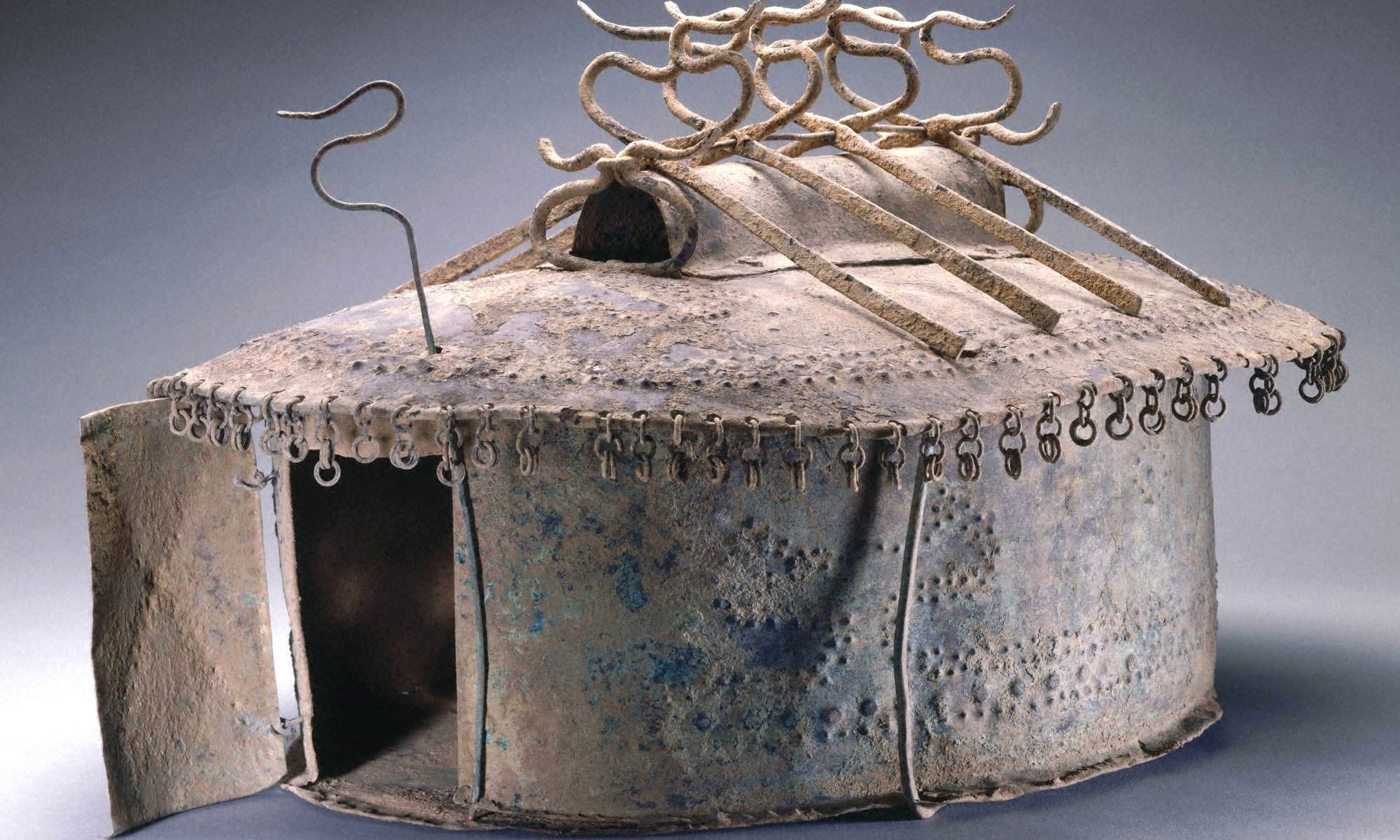Cinerary urn in the form of a house, 8th century BCE, Villanovan, Etruscan Princeton University Art Museum. Museum purchase, Fowler McCormick, Class of 1921, Fund
The Princeton University Art Museum's (PUAM) provenance research has identified 16 antiquities in its collection that are linked to the alleged art smuggler Edoardo Almagià, a 1973 graduate of the university.
This is the second report of ties between Almagià and the museum’s collection; in April 2023, five artefacts donated by the alumnus were seized by authorities amid suspicions that the items were stolen. Objects in the latest group of potentially ill-gotten antiquities originated from around the Mediterranean, according to The Daily Princetonian, and include an Etruscan funeral urn , a painted Athenian amphora, and six fragments from a Roman lead sarcophagus.
Almagià sold six of the artefacts to the museum between 1987 and 2001. The remaining ten were gifts, some bequeathed by prominent art world benefactors like Joyce von Bothmer, the wife of late Metropolitan Museum of Art curator Dietrich von Bothmer.
Almagià first came to the attention of authorities in 1992, when his connection to Pietro Casasanta, a well-knowned tombarolo or “tomb robber”, came to light. While the original provenance of the PUAM objects do not mention Almagià, a 2021 New York grand jury report details rampant and continual smuggling activity from 1987 onward. In 2006, Almagià was arrested in Italy for illegal trafficking and exports, but the prosecution was dropped due to a statute of limitations expiration.
Last September, in an interview with the Princeton Alumni Weekly, Almagià maintained his innocence and appeared to attribute the problem to changing provenance standards for the sale and acquisiton of antiquities. “What is absolutely a sickness is that you start applying things that have come up today to a market of 20, 30, 40 years ago,” he said.
Tyrrhenian amphora, 560BCE-550BCE, Greek, Attic, attributed to the Guglielmi Painter Princeton University Art Museum. Museum purchase, Carl Otto von Kienbusch Jr., Memorial Collection Fund
The PUAM’s curator of ancient and Mediterranean art, Carolyn Laferriere, told The Daily Princetonian: “Broadly in the field, there’s an important corrective happening where we are absolutely committed to maintaining these legal, and also, ethical considerations in terms of our collection.” According to Lafrerriere, the museum is also in the process of hiring a provenance researcher.
She added: “As caretakers of these objects, it’s our responsibility to know about their histories, because that might determine how we care for it, what sort of conservation interventions we could do, or what kinds of stories we can tell about them."
The PUAM's manager of marketing, Morgan Gengo, told The Daily Princetonian that the museum has added provenance records for nearly 17,000 objects since August 2023. “As and when we make new discoveries about the objects in our care, or new information is brought to our attention, we act accordingly and proactively to ensure that objects are in the hands of their rightful owners, whether Princeton or another party,” Gengo said.
Some of the objects have been returned to Italy, in some instances via the Manhattan District Attorney's office. In September, authorities announced the return of ten Princeton artefacts that had been seized thanks to a search warrant, including six on loan from Almagià.
Matthew Bogdanos, the head of the Manhattan District Attorney’s Antiquities Trafficking Unit, told the Princeton Alumni Weekly: “If Almagià is the first name on your provenance, it is stolen.”
According to the grand jury report, citing letters Almagià wrote to buyers in which he outlined illegal excavation and transportation activities, "it appears from all of the evidence that Almagià was surprisingly candid with his clientele about his black-market supply of looted antiquities”.
The PUAM's main building is currently closed while the institution pursues a major redevelopment and expansion, designed by Adjaye Associates, which is expected to open in spring of 2025.

